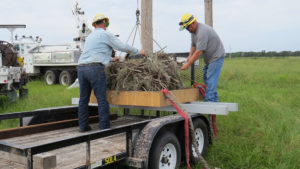
Sometimes, when TECO’s environmental stewardship efforts take flight – occasionally with lives on the line – it’s to ensure birds like bald eagles have safe places to land, nest and raise their young. Those efforts were on display again recently in south Hillsborough County, and will be again at the first sign of a potential collision course of bird and TECO customers atop our power poles. Because while no non-TECO employees or authorized contractors are permitted to climb on our electrical equipment, birds don’t always get the memo. To them, a towering structure over the landscape seems like the perfect spot to avoid predators, see potential food sources below and nest in safety.
Guess again, feathered friends – the customer outages you cause by touching our wires, transformers or other equipment could easily cost you your lives. (And sadly, often do.)
“Eagles like to nest at about 100 feet up; they prefer the penthouse to the treehouse,” said Nancy Murrah, wildlife rehabilitator with Tampa Bay Raptor Rescue as well as a member of other local environmental and bird-protection organizations. It’s safe to say she knows a few things about birds of prey, and this expertise underpins her work with TECO team members like Jerry Adams, Stan Kroh, Nate Alcoz and others to keep birds like the bald eagle safe around power lines.
“I can call TECO and they’re there right away,” she said, citing a call she received recently from a local resident about an osprey in distress on a Tampa Electric power line. “The osprey was dangling by a foot on the line, I contacted TECO and they were like Johnny on the spot – they got there before I did. They consistently go above and beyond.”
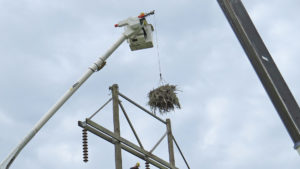
And while we commit ourselves to rescues like that right away, more often scenarios play out like the one near the intersection of state roads 674 and 39. In this case, it was a detailed process to closely observe the nest we discovered on one of our structures – a nest that began as an osprey’s home but that eventually, after the osprey abandoned it, became an eagle’s nest.
What happened next involved close nest observation for 10 days by us in accordance with federal guidelines. We used drones to make sure no eggs or chicks were in the nest before undertaking the painstaking process to carefully lower the nest with a crane and then then place it on top of a safer pole about 1,800 feet away. We’ll then continue to monitor the nest on at least six different occasions during the eagle’s November-to-June nesting season to make sure the birds are OK.
Meanwhile, customers like you have the safe, reliable power you deserve. And Murrah will continue to work closely with TECO to protect birds like our national symbol – something you can help with too:
- The Florida Fish and Wildlife Conservation Commission has a bald eagle locator on its website, and if you see what looks like an eagle nest in the community that doesn’t appear on the locator, the Tampa Bay Raptor Rescue wants to know about it.
- If you see what looks like a bird nest on one of our power poles, we want to know about it – but again, never try to get close to our electrical equipment for your own safety.
- Murrah said if you see a bird sitting on the ground without moving for more than two hours, there are resources that can help try to save it.
- With birds said to be the No. 2 cause of power outages, it’s good to get familiar with our outage map and other tools we offer to help you stay informed about an outage that impacts you.
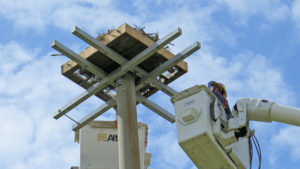
Meanwhile, eagles and ospreys continue to be on the lookout for nice new places to nest, ensuring that we’ll continue to take steps to steer them away from power poles…and safely relocate them when that’s where they end up.
“Working with TECO, I know they’re going to do their best for the community’s wildlife,” Murrah said. “We all want electrical power, we want our lights to be on and our air conditioning on; they understand what we [in the raptor protection community] do and we understand what they do.”
And while the eagles may not always understand why a line crew shows up with a crane to carefully place their nest in a different spot, they get on with their lives soon enough with a slightly shifted (but still great) view. It’s a view you can appreciate when the lights in your home stay on, your computer stays on and we all – whether feathered friends or customers like you who are our friends and neighbors in the community – enjoy the comforts of home.

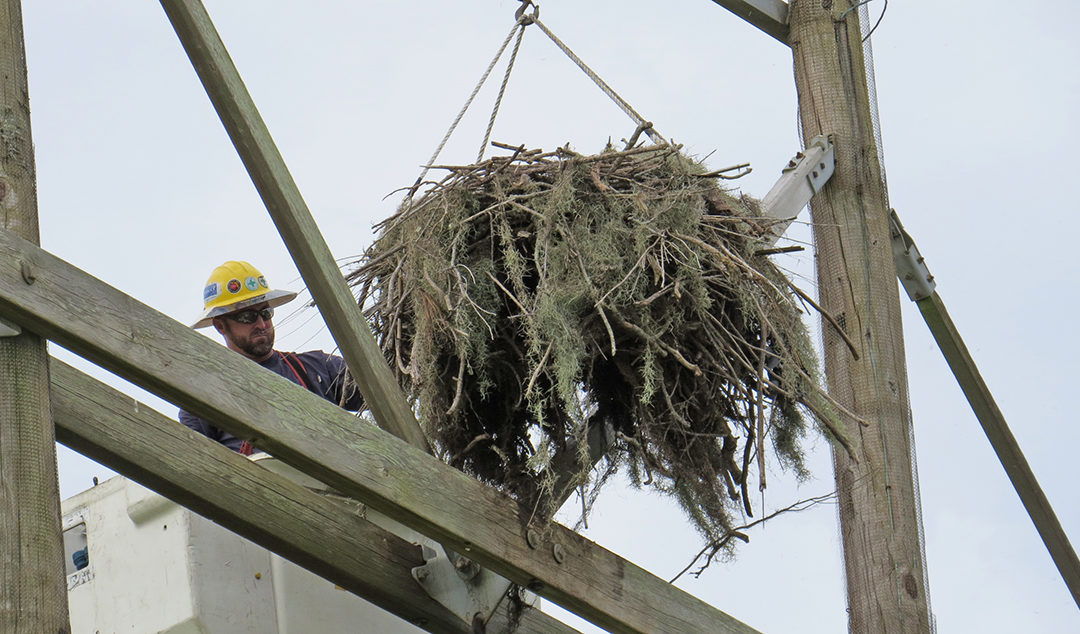
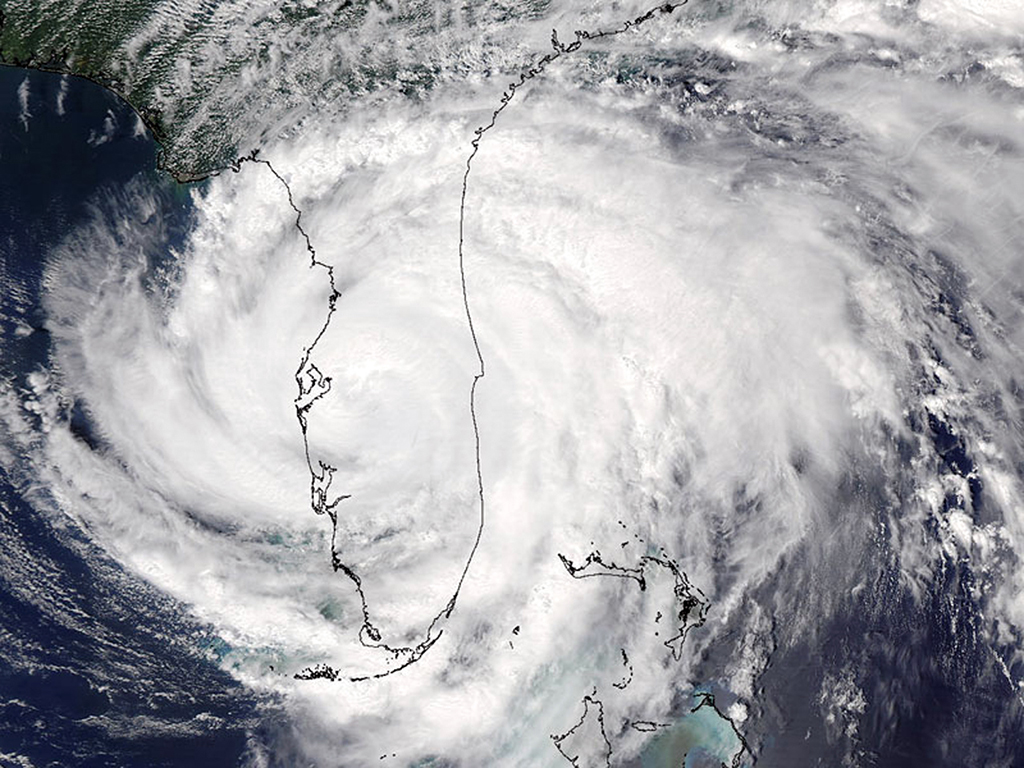
No Comments Found